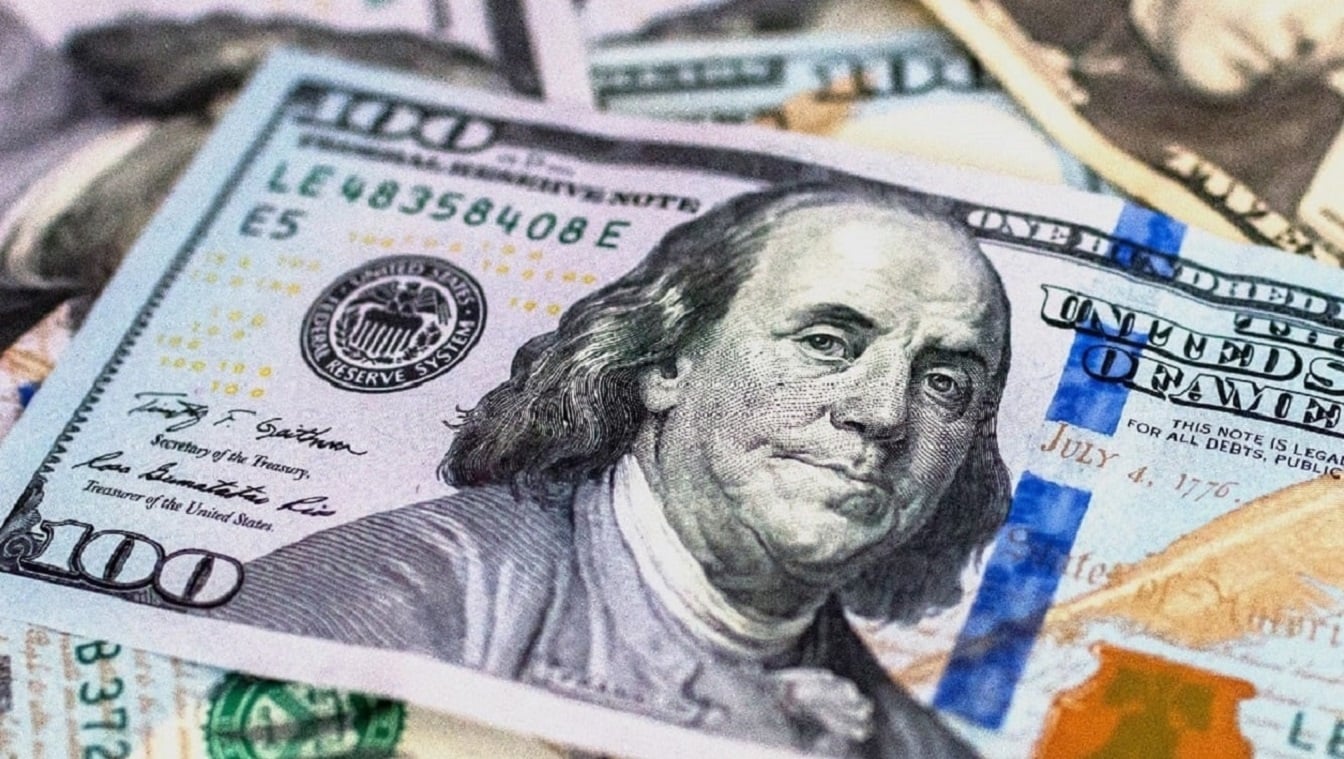The Silicon Valley Bank failure should be a wake-up call for the Federal Reserve that the chickens of its past policy mistakes are now coming home to roost.
By earlier having pursued an overly easy monetary policy in response to the Covid pandemic, the Fed created both an inflation problem and an asset-price and credit market bubble. Now that the Fed has been forced to raise interest rates aggressively to regain inflation control, it appears to be bursting the asset and credit market bubbles that were premised on the assumption that low interest rates would last forever.
Credit cycle booms and busts are hardly a new phenomenon. The late financial market economist Hyman Minsky taught that financial systems were prone to go through successive periods of euphoria where financial institution made poor lending decisions. Those decisions generally ended in tears when the era of easy money ended and reality set in. The last time that this cycle occurred on a large scale was in 2008 when a US housing and credit market bubble burst gave way to a bust and to the worst post-war global economic recession up to that time.
This time around the Jerome Powell Fed seems to have created a credit cycle on steroids. It did so by a combination of ultra-low interest rates and the most aggressive of bond buying programs. Not only did the Powell Fed keep its policy interest rate at its zero-lower bound for far too long. It also flooded the market with liquidity by buying a massive amount of Treasury bonds and mortgage-backed securities.
Whereas after the 2008 Lehman bankruptcy it had taken the Bernanke Fed six years to increase the size of its balance sheet by $4 trillion, in 2020 it took the Powell fed barely nine months to do the same thing.
It was in this environment of ultra-easy money that Silicon Valley Bank was lulled into the mistaken belief that easy money would last forever. That in turn induced it to stretch for yield by lengthening the maturity of its bond portfolio thereby creating a maturity mismatch with its short-term deposit base. When the Fed was forced by inflation to raise interest rates at the fastest pace in the past forty years, the party came to an abrupt end. That has forced the Federal government to provide a blanket assurance for all bank depositors, large and small, to prevent a run on the regional banks.
President Biden is asking us to believe that the government’s most recent financial market intervention will not cost the taxpayer money and that it will soon restore calm to the financial markets. If his claim about no cost to the taxpayer is questionable, his claim that financial stability will now be maintained flies in the face of many years of credit cycle history experience.
This would seem to be particularly the case when the Fed’s staggering monetary policy largesse encouraged egregiously bad lending practices and contributed to a surge in global debt levels to an all-time high of 350 percent of GDP.
With a government backstop now in place for bank depositors, the main area of financial market vulnerability lies in the largely unregulated so-called “shadow banking” sector. That sector includes the hedge funds and the equity funds accounts for the majority of US credit market intermediation.
Past experience teaches that with the ultra-easy credit tide long since having gone out, it is only a matter of time before we will find out which of those financial institutions have been swimming naked.
When that occurs, we can expect to have financial market crises of the 1998 Long Term Capital Management variety.
It is late in the day for the Fed to save us from having to pay the economic price for its past policy mistakes. However, the least that it can now do is to pivot away from its policy of aggressive interest rate hikes. We have to hope that it heeds the warnings coming out of the Silicon Valley Bank debacle and that it refrains from further raising interest rates at next week’s Fed policy meeting.
Dr. Desmond Lachman is a senior fellow at the American Enterprise Institute. He was a deputy director in the International Monetary Fund’s Policy Development and Review Department and the chief emerging market economic strategist at Salomon Smith Barney.

